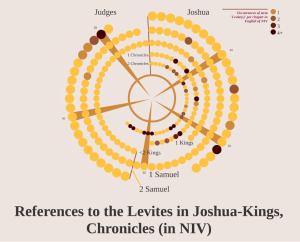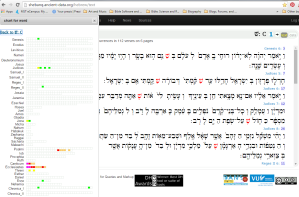Check out Debtonation, the blog belonging to Ann Pettifor, whose simple book, The Coming First World Debt Crisis
(2006) grabbed my attention by predicting that the next debt crisis would take place in the ‘first world’ rather than some battling ‘third world’ country. How right she was. I guess I’m inspired to mention this by having seen The Big Short (about the GFC in the US) at the movies with my wife yesterday. So I’m still feeling a little apocalyptic after that, and Ann Pettifor, along with Satyajit Das (if I spelled that correctly) are my favourite apocalyptic economists.
Which reminds me of one of Das’ great quotes about the seemingly endless build-up of debt by governments like the US:
If something can’t go on forever, it’s going to stop.
Ahhh, impeccable and irresistible logic, and probably also true of our great economic structures.
Oh by the way, since this is an Old Testament blog, there’s plenty of wisdom there about money. What about,
I have seen a grievous evil under the sun: wealth hoarded to the harm of its owner” (Eccl. 5:13), or
As goods increase, so do those who consume them (5:11a), and,
As a man comes, so he departs, and what does he gain, since he toils for the wind? (5:16)
What I would advocate is a Christian theology of money, anchored in a parent theological category, the theology of human nature, with a keen eye on the theology of human corruptibility. We desperately need a theology of human corruptibility (check out Eccl. 5:8-9), which could save our society by warning us to retain checks and balances on greed in both our economic and our political structures. If the system is not already too sick to save.
Anyway, I could always be missing something. Feedback is welcome. But on to my real work for the evening…

